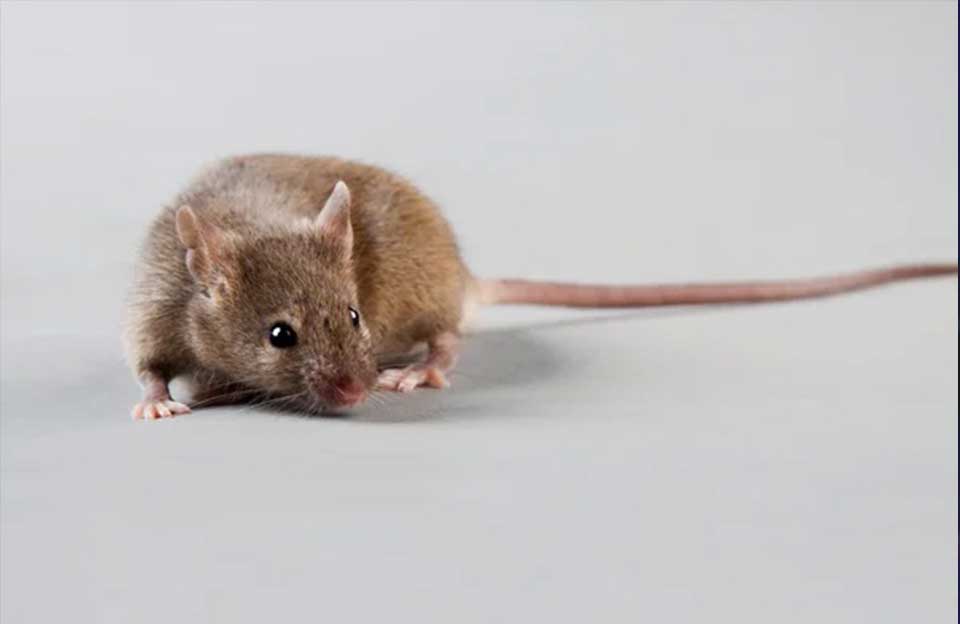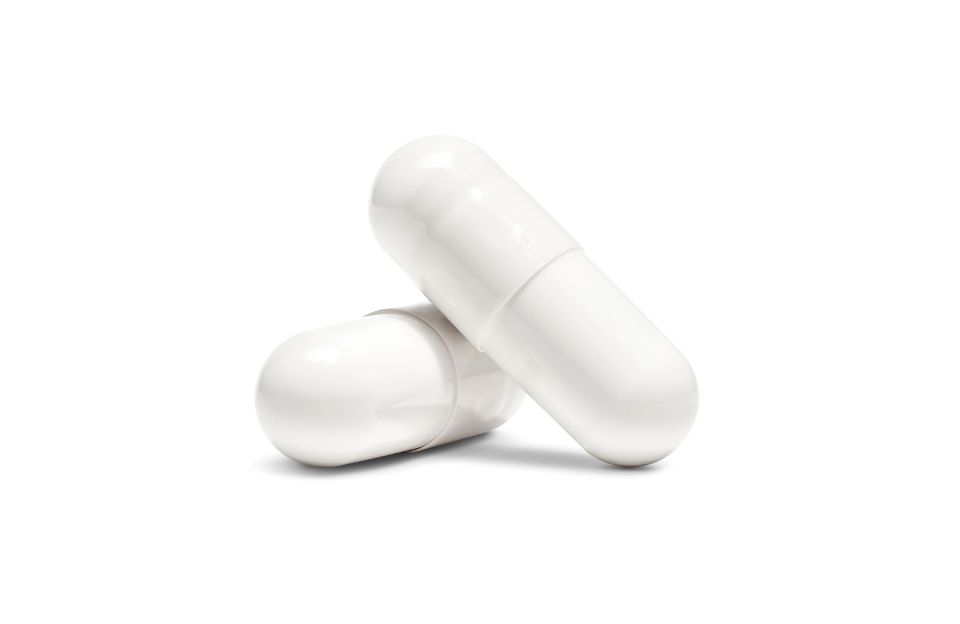We all know what a lifespan is; how long a person lives.
But healthspan is a term that is picking up in the anti-aging research literature. Prior to 2000, only 14 papers had mention the term “healthspan” or “health span” in the abstract, but by 2018, the number had increased to over 900, and is growing. It’s clear to scientists that healthspan can have a big impact on our lifespan.
WHAT IS A HEALTHSPAN?

Healthspan is defined as “the period of life spent in good health, free from chronic diseases and disabilities of aging.” In other words, your healthspan starts at birth for most people and ends when they are no long in good overall health as they suffer from chronic age related diseases. The definition is a bit controversial because some people do get diseases earlier in life, but recover or go into remission. In general, the average healthspan for a human is estimated at around 63 years of age.
Someone with a long healthspan is more likely to have a longer life because the longer we stay healthy, the longer we live.
Several factors can affect our healthspan. Genetics play a part in our overall health, but less than you might think. The most important part of our healthspan is our diet. It’s not surprising, but more healthy your diet, the more healthy you are. And scientists have taken this a step further in discoveries that have lead to the importance of calorie restriction when it comes to our healthspan and lifespan.
THE LATEST DISCOVERY

The benefits of calorie restriction were discovered over 85 years ago when scientists at Cornell University found that lab rats lived longer when they were fed a lower calorie diet with the right nutrients. Calorie restriction has been studied over and over again and scientists continue to dig deeper to find out exactly how and why it is good for aging.
One such study, done in 2012, that has led to even more research has been dubbed CALERIE. This stands for the Comprehensive Assessment of Long-term Effects of Reducing Intake of Energy. Scientists looked at non-obese people between the ages of 25-45 for a two year period to see if people got the same anti-aging benefits that rats did in the 85 year old study. Over this two year period, calories were reduced an average of 14%. The data showed that people restricting calories had a much healthier metabolism and less risk of cardiovascular disease as compared to the control group who made no changes.
The results of this CALERIE study were used as the basis of a new 2022 study at Yale University. The data was used to look at immune function, but the findings also showed an effect on inflammation and led to the discovery of how a certain fat metabolizing gene could be manipulated through calorie restriction.
THE THYMUS IS IMPORTANT!

People have a little known organ called the thymus. It’s located toward the middle of our chest, right behind the sternum. The thymus produces T-cells that are crucial to our immunity. As we age, the thymus shrinks. With a smaller thymus, we produce less T-cells and that alone can make us more susceptible to disease.
The Yale study showed that when people reduced their caloric intake, their thymus actually increased in size. There were also indications that more T-cells were being produced. In other words, more T-cells means less disease.
SUPPRESSING A FAT GENE
The study took things one step further by analyzing belly fat samples that were taken from people in the CALERIE study. They discovered those who had a particular gene had more belly fat, but when they restricted calorie intake, the gene seemed to be suppressed. They tested this in rats and found that the rats who didn’t have this fat metabolizing gene were leaner and more healthier in general, and lived longer. Further studies are required to learn more about how calorie restriction might affect people who have the gene.
LIVE LONGER BY EATING BETTER

Centurions are people who live for 100 years or more. And there are certain parts of the world where longevity seems to be more common. These areas have been dubbed Blue Zones because people reach age 100 at 10 times greater rates than the U.S. as a whole. The Blue Zones are:
- Nicoya, Costa Rica
- Sardina, Italy
- Ikaria, Greece
- Okinawa, Japan
- Loma Linda, California
These Blue Zone populations share several dietary habits.
- As much as 90% of their diet is plant based.
- Eat seasonal fruits, vegetables, and whole grains.
- Daily consumption of legumes including beans, chickpeas and lentils.
- Only eat meat as a small side dish or on special occasions.
- Avoidance of processed foods and refined sugars.
- Drink water! Small amounts of coffee, tea, and red wine are drunk in moderation.
People have a lot of power when it comes to our healthspan and lifespan if we have the discipline to eat like people in Blue Zones. The American culture isn’t made for it but it is certainly possible if you are determined enough to make changes.
Of course, people are always looking for the easy way out!
COULD CALORIE RESTRICTING DRUGS BE COMING?

Since we know calorie restriction can affect our healthspan and potentially our lifespan, a next step is figuring out how to more accurately restrict calories without drastic dietary changes. Since we all metabolize what we eat differently, a one-size-fits-most solution could be in the works in the form of a drug.
There are many drugs on the market that can help people fight diseases of aging, but most of these are reactive and taken after the disease develops. But with the discoveries surrounding calorie restriction, the immune system, and fat metabolism, proactive drugs could be in the pipeline. These drugs could potentially mimic the effect of caloric restriction to help our immune systems and slow aging.
Drugs can be controversial and something that could restrict calories might be a long shot. The best way to restrict calories is by… restricting calories.
DO WHAT WORKS FOR YOU
It’s possible to hack your healthspan in order to live a longer life, but not everyone wants to restrict themselves to a point where they feel like they might be missing out. Of course we all want to be healthy and live longer, but moderation is key when it comes to anything.









